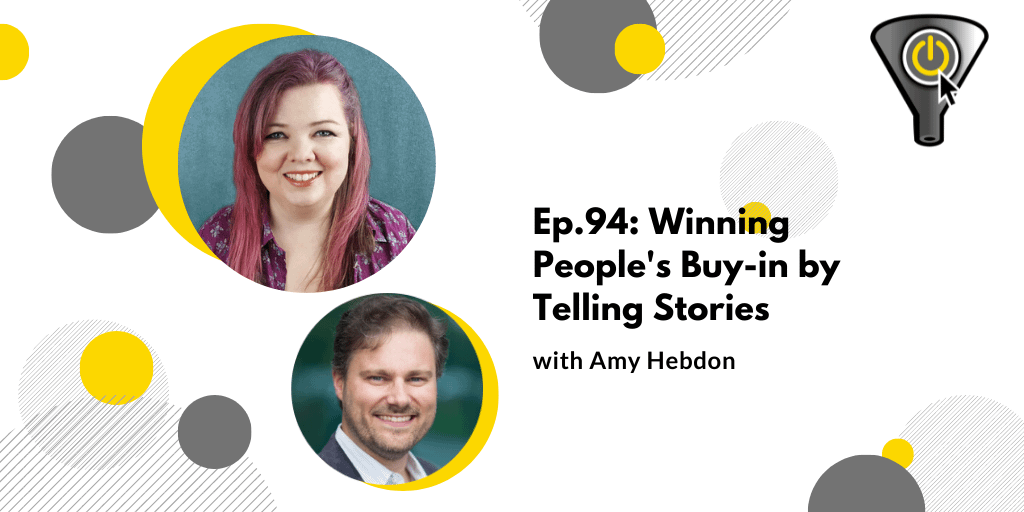Is the Marketing Services Model Broken?
My guest is calling BS on the state of agency-brand relations. Considering her qualifications in this space, it’s worth hearing her out. Leona Hobbs joined global public relations agency Fleishman-Hillard right out of school. She worked on strategy across several sectors and rose to become a vice president there.
The 1990s and early 2000s had her working with internet clients like Yahoo and Tucows as director of communications. Working in agencies and through her own Reset Digital brand, she consulted with leading automotive, industrial, financial services, cruise line, and consumer brands. She also had an extended account leadership role with a Fortune 50 semiconductor firm.
People, Companies and Concepts mentioned in this episode:
- Deltek survey of nearly 200 agency professionals worldwide – https://info.deltek.com/Creative-Agencies-in-2022-PDF
- Webware.io https://www.webware.io
- Media.Monks https://media.monks.com/
- Art & Science Digital Experience Design https://artscience.ca/
- Hotspex Media: https://www.hotspexmedia.com/
- Mixtape: https://mxtp.ca/
- Leona’s LinkedIn Profile
- Leona Twitter profile





